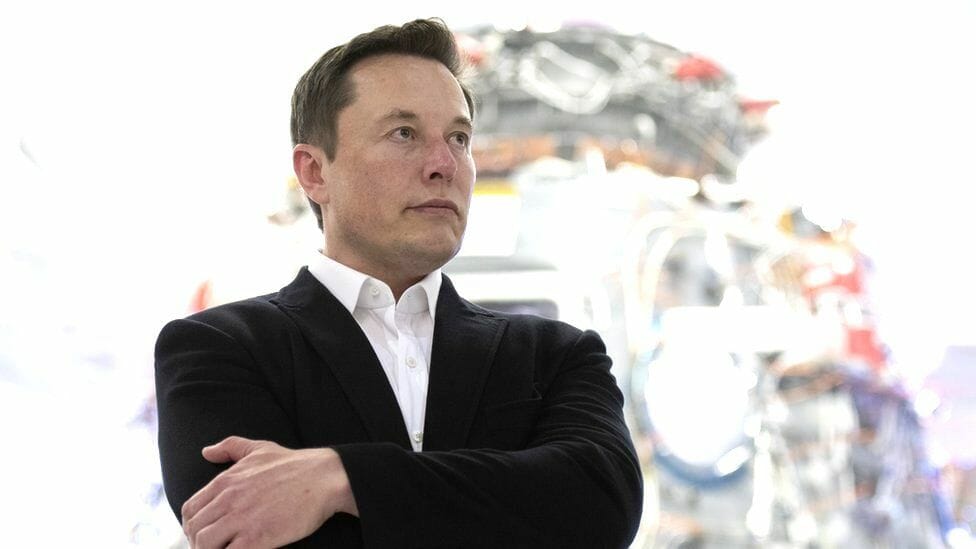The Food and Drug Administration has given Neuralink, a tech startup co-founded by Elon Musk, permission to test its brain implant on humans.
This was announced in a statement shared on Thursday via the company’s official Twitter page.
“We are excited to share that we have received the FDA’s approval to launch our first-in-human clinical study!” the tweet read. “This is the result of incredible work by the Neuralink team in close collaboration with the FDA and represents an important first step that will one day allow our technology to help many people.”
Musk also commented on the post on Friday, tweeting, “Congratulations to the Neuralink team.”
The implants are designed to allow humans to interact with computers directly. Musk had previously promoted the product as a possible solution for people with disabilities, claiming that it could help restore vision and movement. He made headlines late last year when he stated that he was confident enough in the device to implant it in his children.
The coin-sized implants have already been tested on monkeys and pigs.
According to CBS News, Neuralink demonstrated several monkeys playing basic video games or moving a cursor on a computer screen using Neuralink chips implanted in their brains during a presentation last December.
Musk, who also spoke at the presentation said, “We would initially enable someone who has almost no ability to operate their muscles and enable them to operate their phone faster than someone who has working hands.
“As miraculous as it may sound, we are confident that it is possible to restore full body functionality to someone who has a severed spinal cord.”
Employees told Reuters in March the company had earlier sought approval from the FDA in 2022 but the application was rejected. The regulator cited several concerns including the safety of lithium battery powering the device, possibility of the chip’s wires migrating within the brain, and the challenge of safely removing the device without damage to the brain.
Neuralink is currently under several federal investigations including an inquiry by the US Department of Agriculture, into potential animal-welfare violations during the animal tests conducted by the company.
